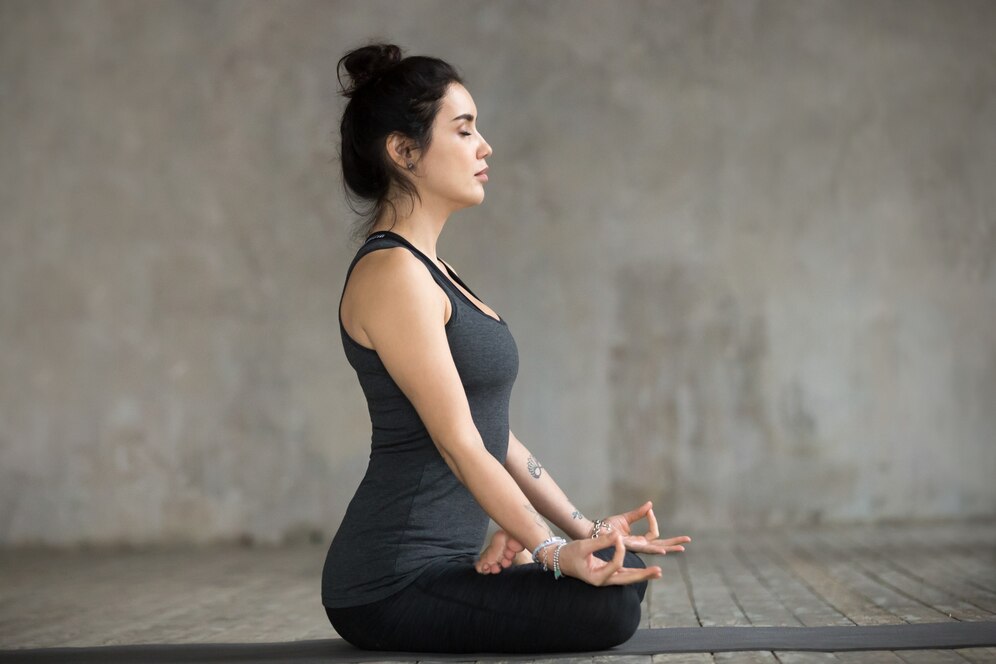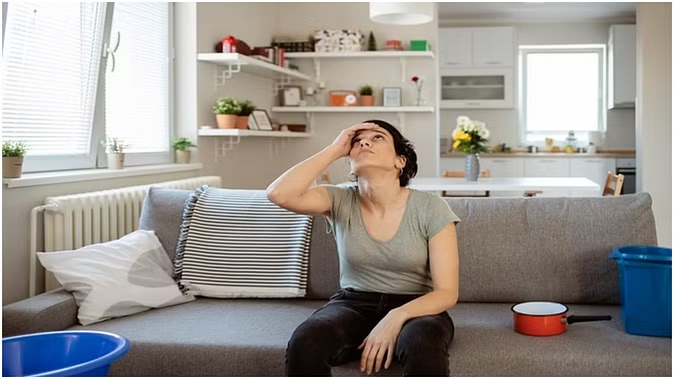
In the last few days, the weather has changed and it has started getting cold. Not everyone likes to get out of the quilts and blankets in this chilling winter. In such winters, especially the elderly and children need to be taken care of. To get warmth in winter, people use room heaters the most. But do you know that the hot air coming out of this heater is playing with your health? Yes, there are many side effects of heaters which can also prove to be fatal on increasing. Today in this episode, we are going to tell you about the damage caused by the heater and the precautions to be taken while using it. Let's know...
itching in the eyes
The continuous running of the heater kills the moisture in the air present in the room. Along with the skin, the moisture of the eyes also starts to disappear and there is burning and itching in the eyes. That's why keep the water filled in the room when the heater is on. If there is itching in the eyes, instead of rubbing it, sprinkle water on it. Rubbing can also make the eyes red.

Deadly for respiratory patients
Carbon monoxide gas emanating from room heaters and stoves can prove fatal for the respiratory system and asthma patients by reaching the body through the windpipe. People suffering from bronchitis and sinus allergies may be aggravated by room heaters. Such people develop phlegm when they sit near a heater. Simultaneously sneezing and coughing starts coming. Apart from this, for people who are undergoing treatment for heart-related diseases and smokers, sleeping with the room heater on, increases many kinds of dangers.
Skin becomes dry
Room heaters make the air dry by absorbing the moisture present in it. It also affects the skin. The skin also becomes dry by staying in the heater for a long time. Not only this, there are different types of infections on the skin when it is dry. If you have already started a room heater, then you should first fill a bucket of water in the room so that the room remains moist. With this, the windows and doors of the room should not be completely closed. They should be kept slightly open so that air from outside keeps coming in and ventilation is maintained.










